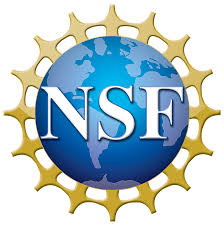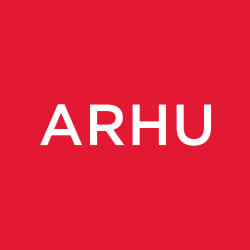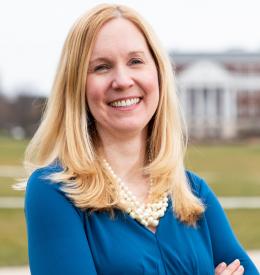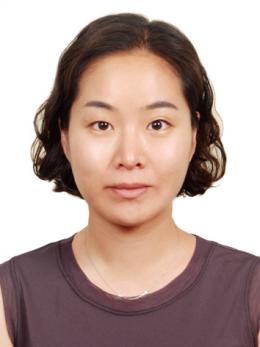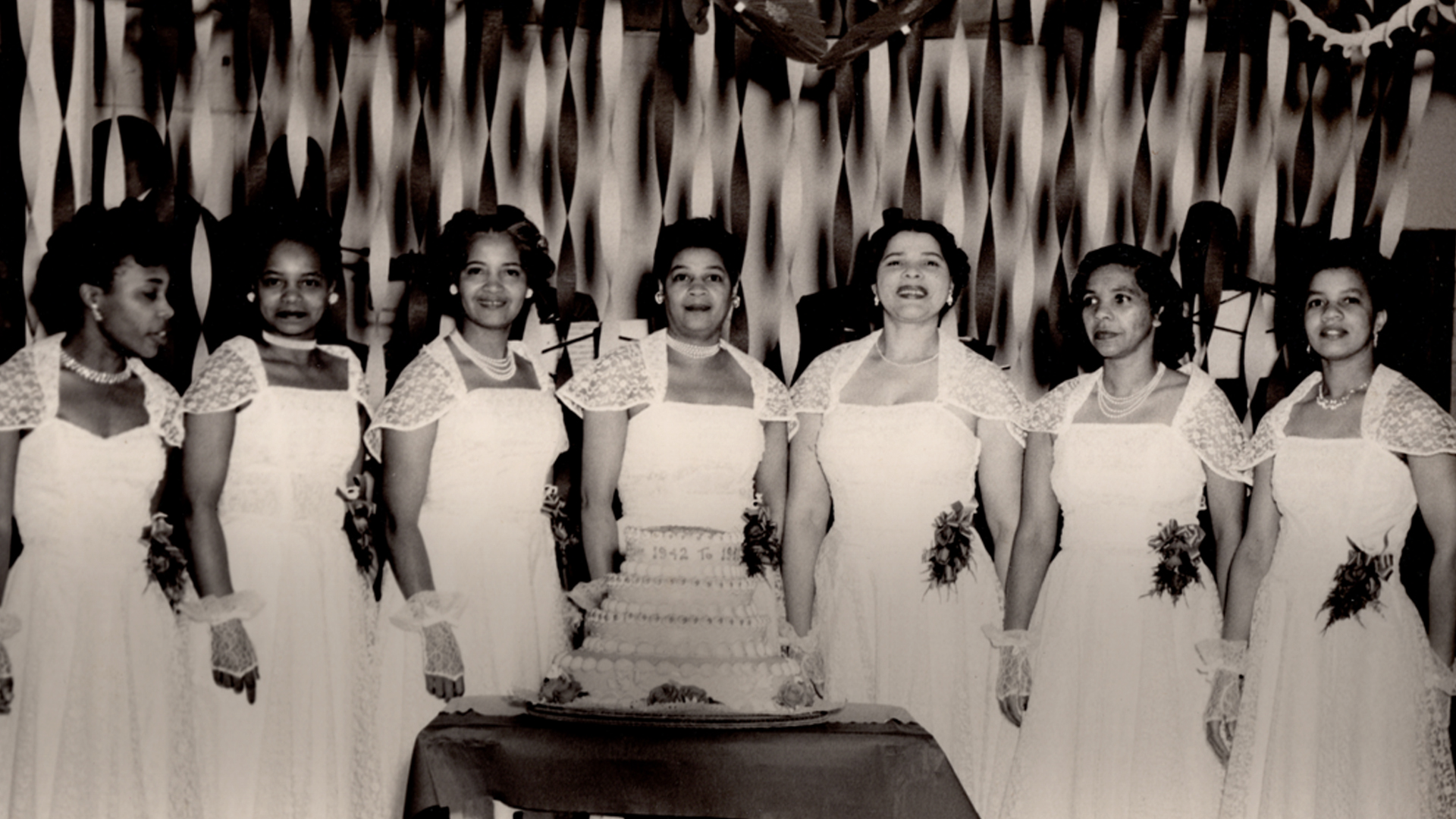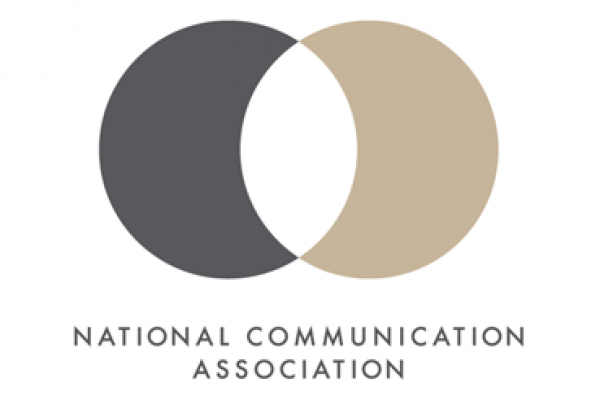By Maryland Today Staff
The first book-length ethnographic study of French jazz in English. A deep dive into differing developing-world attitudes toward coal-fired power plants. A multi-method exploration of President Trump’s use of Twitter.
These are some of the projects supported by the first Independent Scholarship Research and Creativity Awards (ISRCA), a new seed grant program instituted by the University of Maryland’s Office of the Provost and Division of Research. It aims to bolster research and creative work in non-STEM (science, technology, engineering and math) areas, which broaden our understanding of the world and make it a richer place.
“The ISRCA award program provides vital support for humanistic scholarship and creative endeavors that, unfortunately, tend to be underfunded,” said Mary Ann Rankin, provost and vice president. “I am delighted to support a rich array of projects that explore critical aspects of our global culture: from 19th century Russian politics, to the heritage of climate change, to topics of exile and immigration, and beyond. This wonderful range of research activity is what makes the University of Maryland great."
The IRSCA awards of up to $10,000 for tenured or tenure-track faculty were announced last month, and cover methods and types of inquiry including historical, humanistic, interpretive or ethnographic approaches; explorations of aesthetic, ethical and/or cultural values and their roles in society; critical and rhetorical analyses; archival and/or field research; and development and/or production of creative works.
"This inaugural group of awards highlights the incredibly creative and diverse research that is happening across the campus,” said Laurie Locascio, vice president for research. “I look forward to seeing what comes of all the unique projects that this program will support. Maryland is really fortunate to be home to such creative scholars and researchers.
Thirteen researchers received ISRCA funding:
Shannon Carcelli, Department of Government and Politics
A book project, “Bureaucracy at the Border: The Fragmentation of Foreign Policy,” will argue that foreign policy decisions are made primarily not by state leaders, but by lower-level domestic bureaucrats, a phenomenon driven by pork-barrel spending.
Sarah Croco, Department of Government and Politics
“The Twitter Presidency: Who Trump Talks About, How He Talks About Them, and Why It Matters” will explore how President Trump uses Twitter as a political tool through two methods: text analysis of his tweets to spot patterns in his mentioning of people, and nationally representative surveys to gauge Americans’ reaction.
Mikhail Dolbilov, Department of History
A book, “Conundrum of Loyalty: Dynasty, Governance, and Political Allegiance in Imperial Russia, 1850-1900,” will use the concept of loyalty to study the political crisis tsarist Russia’s Romanov dynasty experienced at the moment of its transformation into a truly enormous, sprawling clan. It will offer a revisionist portrait of the Russian monarchy to help explain the persistence of Russian political authoritarianism in a more imaginative and nuanced fashion.
Claire Dunning, School of Public Policy
A paper, “Funding Black Power: Race, Philanthropy and the Politics of Social Impact,” will investigate how two groups of Bostonians—wealthy white suburbanites and black power activists—combined to launch a philanthropic experiment designed to address economic and racial inequality in the region.
Perla Guerrero, Department of American Studies
“Deportation’s Aftermath: Little LA and Making a Life in Exile” will explore what happens after deportation and return migration to Mexico in terms of inequality, criminalization and stigma, as returnees and deportees negotiate a process of criminalization that begins in the United States.
Jennifer Hadden, Department of Government and Politics
The project “Understanding the Social Reception of Proposed Energy Infrastructure in the Developing World” will examine the social reception to proposed energy infrastructure in the developing world, particularly focusing on coal. Public opposition to coal in some places is an important factor in project development, while in other places, support for coal is more widespread. The origins of such differing viewpoints, however, are not well understood.
Siv Lie, School of Music
A book project, “Django Generations: Ethnorace, Citizenship, and Jazz Manouche in France,” will look at how ideologies of ethnoracial and national belonging are generated through musical performance and discourse, applying humanistic and social scientific theory on the politics of race, expressive practices and cultural citizenship.
Ryan Long, School of Languages, Literatures, and Cultures
A book project, “Hannes Meyer, Post-Revolutionary Mexico, and the Poetics of Place and Displacement,” will focus on the Swiss-born Meyer (1889-1954), an architect and urban planner whose peripatetic career took him across Europe, from Switzerland to England, the Bauhaus in Dessau, Germany, the Soviet Union and Mexico.
Lauren Porter, Department of Criminology and Criminal Justice
A study, “Identifying Crime Hot Spots: A Multi-source Investigation of Crime Distribution in Peterborough, England,” will triangulate multiple data sources on crime distribution to better understand discrepancies in crime "hot spots,” and leverages unique sources of data, including police perceptions and self-reported offending, to examine crime concentration in Peterborough, England.
Kathryn Lafrenz Samuels, Department of Anthropology
A book, “Anthropogenic: The Cultural Heritage of Climate Change,” will offer a “cultural heritage of climate change,” connecting the historical development of anthropogenesis with current responses to climate change, to privilege both past and present within the same analytical frame.
Krishnan Vasudevan, Philip Merrill College of Journalism
A film, “One Driver, One Mic: How Immigrant Taxi Drivers Formed a Co-op to Take on Uber, Lyft and the Taxi Industry,” will depict an ethnographic study examining how a group of immigrant taxi drivers in Austin, Texas, formed their own cooperative after years of enduring abusive labor conditions by the taxi industry and being unheard by local government.
Katherine Wasdin, Department of Classics
A book, “Fabricating Catullus: Catullus' Reception by Postmodern Women,” will study the reception of the Roman poet Catullus in the works of five contemporary female writers and artists: the poet Bernadette Mayer, the novelist Kathy Acker, the poet Anne Carson, and the artists Elaine Reichek and Sophie Calle. It will argue that Catullus is uniquely influential because he is an authoritative canonical model, yet one also deeply concerned with expressing female voices and formal experimentation.
Edlie Wong, Department of English
“Empire and the Black Pacific: A Record of the Darker Races” will focus on the “Black Pacific” as a generative site for thinking about racial formations, post-national literary forms and cultural histories in the period spanning the end of Reconstruction to the onset of World War I. It will examine the formative yet largely underexamined role of black periodicals—specifically, the illustrated literary monthly—in the development of black American political life and literary practice.

